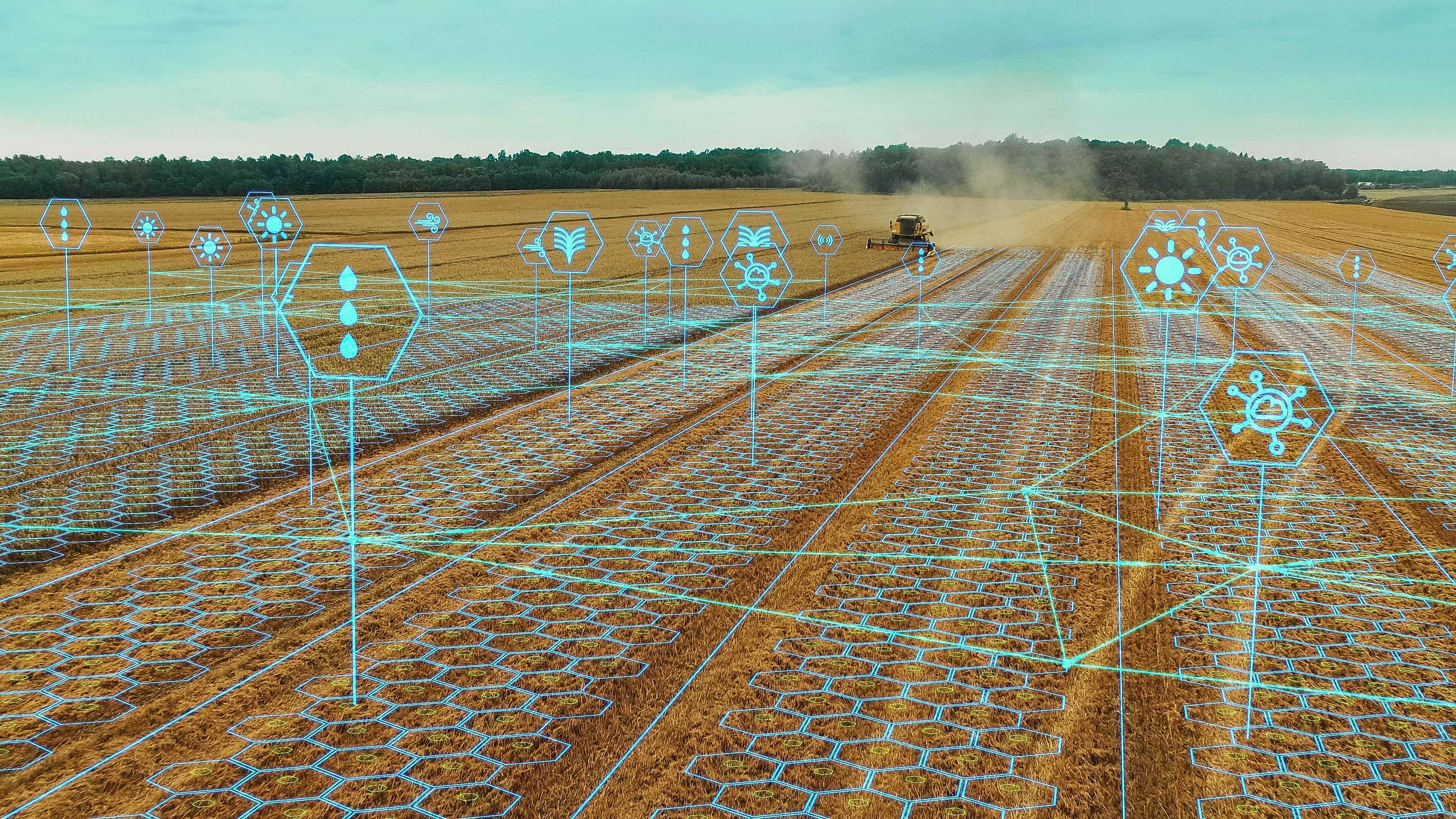Digital Platforms Bring Sustainability and Innovation to Rural Russia

Across the Russian countryside, digital tools are closing the rural-urban divide. From precision agriculture to digital healthcare, the country’s remote areas are becoming models of sustainable development—and attracting international attention.
Smarter Farming Through Digital Infrastructure
AgroSignal, a platform developed by Saratov-based Infobis, is a standout case. It integrates drone, satellite, and weather station data to help farmers optimize seeding, harvesting, and logistics. With over 400 agricultural enterprises using it across 9.5 million hectares in 24 Russian regions, the system is also gaining traction in Kazakhstan and Belarus.
AI has also taken root in Russian agriculture. The Digital Economy nonprofit has documented more than 80 AI use cases, from UAV crop monitoring to autonomous machinery. Satellite-based algorithms can now forecast yields and detect early signs of plant disease.
With the global population expected to require 70% more food by 2050, Russia’s push for high-tech, efficient agriculture may offer lessons to others.

Rural Life Goes Digital
Digitalization in Russia extends beyond agriculture. In 2018, telecom giant Rostelecom launched the country’s first 'digital village' in Michurinsk, Khabarovsk Krai. Residents gained access to fast internet, remote healthcare consultations, and online library services through modern digital platforms.
Rostelecom’s broader Universal Digital Access (UDA) program has already brought connectivity to nearly 14,000 villages with populations between 250 and 500. Phase two, UDA 2.0, is targeting settlements of just 100 people. So far, about 6,000 villages have received high-speed mobile coverage, and another 7,500 are on the roadmap by 2030.
Access to digital services means more than connectivity—it’s opening the door to remote jobs, e-commerce, and access to government services for thousands of rural residents.

From Local Innovation to Global Export
The World Bank has praised Russia’s efforts in digital soil mapping and the interoperability of its IT platforms—especially the seamless integration of sensors from various manufacturers. These advancements are already being adopted by neighboring countries like Kazakhstan and Belarus, and discussions are underway about introducing them to markets in Africa and Latin America.
By turning rural communities into hubs of innovation, Russia is making the case for a global 'smart village' model rooted in sustainability and digital inclusion.

Rural Sustainability Through Technology
Digital platforms are not just boosting efficiency—they’re enhancing sustainability. By enabling precision farming, they help reduce emissions and optimize resource use. They also help retain youth in rural areas by improving quality of life and economic opportunity.
What were once seen as remote or lagging regions are now becoming experimental zones for innovation. If scaled properly, these efforts could position Russia as a global supplier of smart rural tech. For now, the digital transformation of rural Russia is not only closing gaps—but opening new horizons.









































